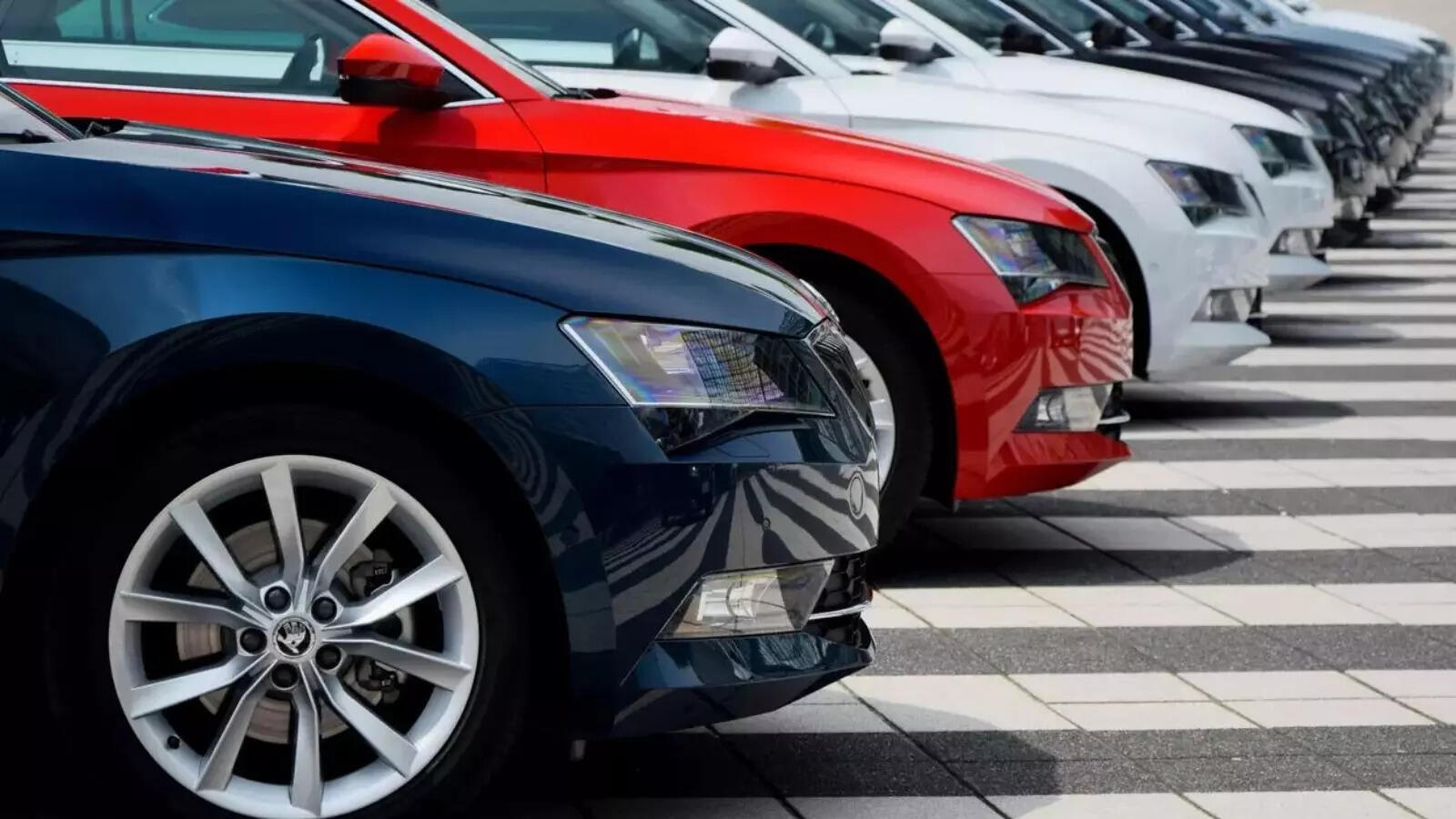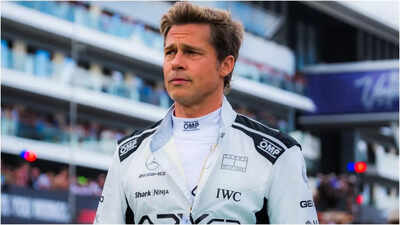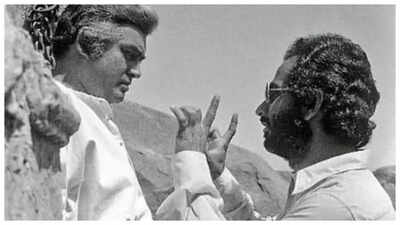
Skoda Auto Volkswagen India Pvt Ltd (SAVWIPL) has entered into discussions with the JSW Group for a strategic equity partnership aimed at funding and developing its next-generation SUV portfolio based on the CMP21 platform. The deal, if finalized, could redefine Skoda-VW’s growth prospects in India, combining VW’s technology with JSW’s financial and industrial strength.
Volkswagen Group’s India plans
Local partner a must for Skoda-VW India
The Volkswagen Group’s Indian subsidiary abandoned the costly MQB A0 37 platform in favour of the more versatile CMP21 architectureprojected to support a range of internal combustion, hybrid, and electric SUVs. However, with the project’s estimated investment exceeding Euro 1 billion, VW Group has made it clear that Skoda-VW India must bring in a local equity partner to share the financial burden and gain project approval.
Talks with Mahindra fell through
Initial talks with Mahindra & Mahindraviewed as a logical partner given its automotive pedigree, ultimately faltered due to divergent strategic priorities and valuation disagreements. The JSW Group which has huge ambitions in the automotive space and parallelly is an equity partner in JSW-MG India has emerged as the new preferred partner.
Speaking exclusively to our sister publication Autocar Professional at the Munich Mobility Show, Klaus Zellmer, global CEO of Skoda Auto, acknowledged the ongoing search for a partner. “Partnerships remain a strategic option to combine cultural alignment with business goals. The train has not left the station yet.”
Potential of Skoda-VW and JSW partnership
Discussions highlight dependence of local partnerships by international manufacturers
Preparations on the CMP21 platform continue despite its pending greenlight to avoid delays in the planned mid-2027 launch. A successful tie-up with JSW could be pivotal in reinvigorating Skoda-VW’s ambitions amid India’s rapidly electrifying and evolving automotive market landscape.
In a broader industry context, the Skoda-VW and JSW discussions highlight how international automakers increasingly depend on strategic local partnerships to absorb risks, navigate market complexities, and capture growth in the Indian market which is now the third largest in the world.
Also see:



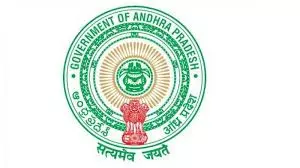




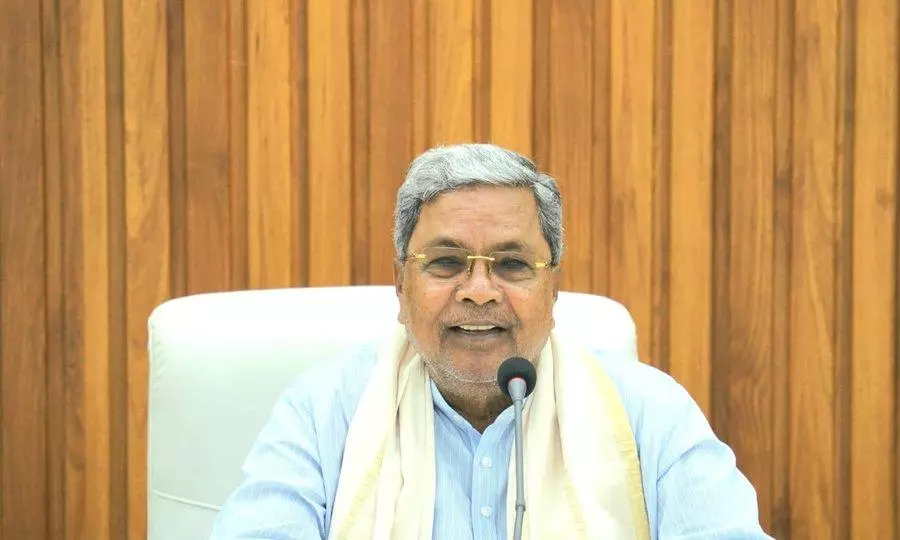

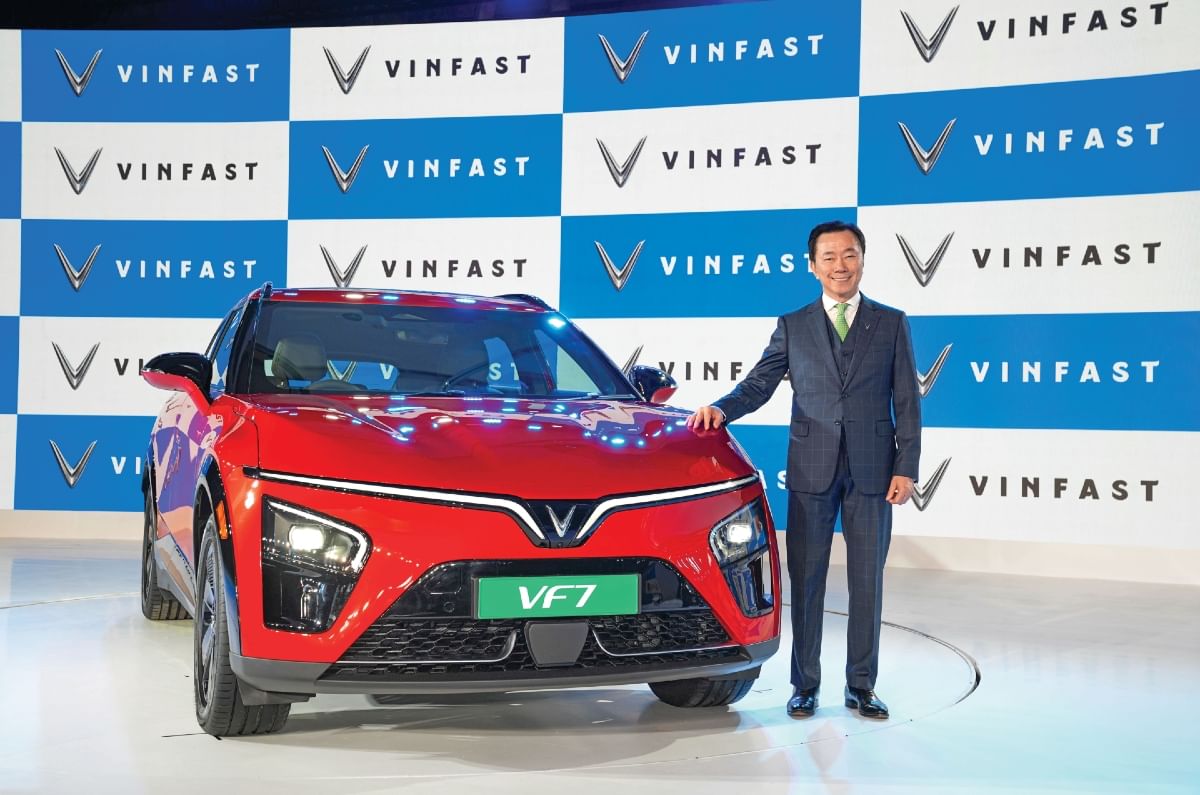

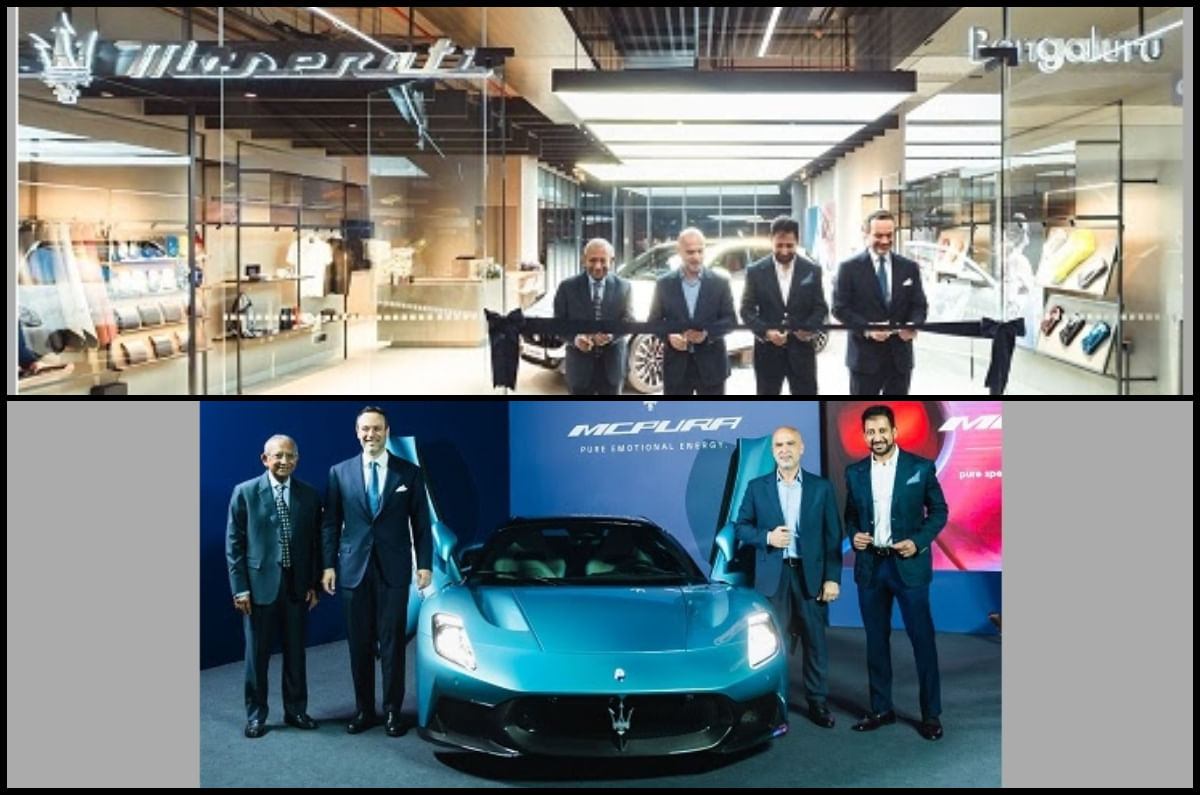
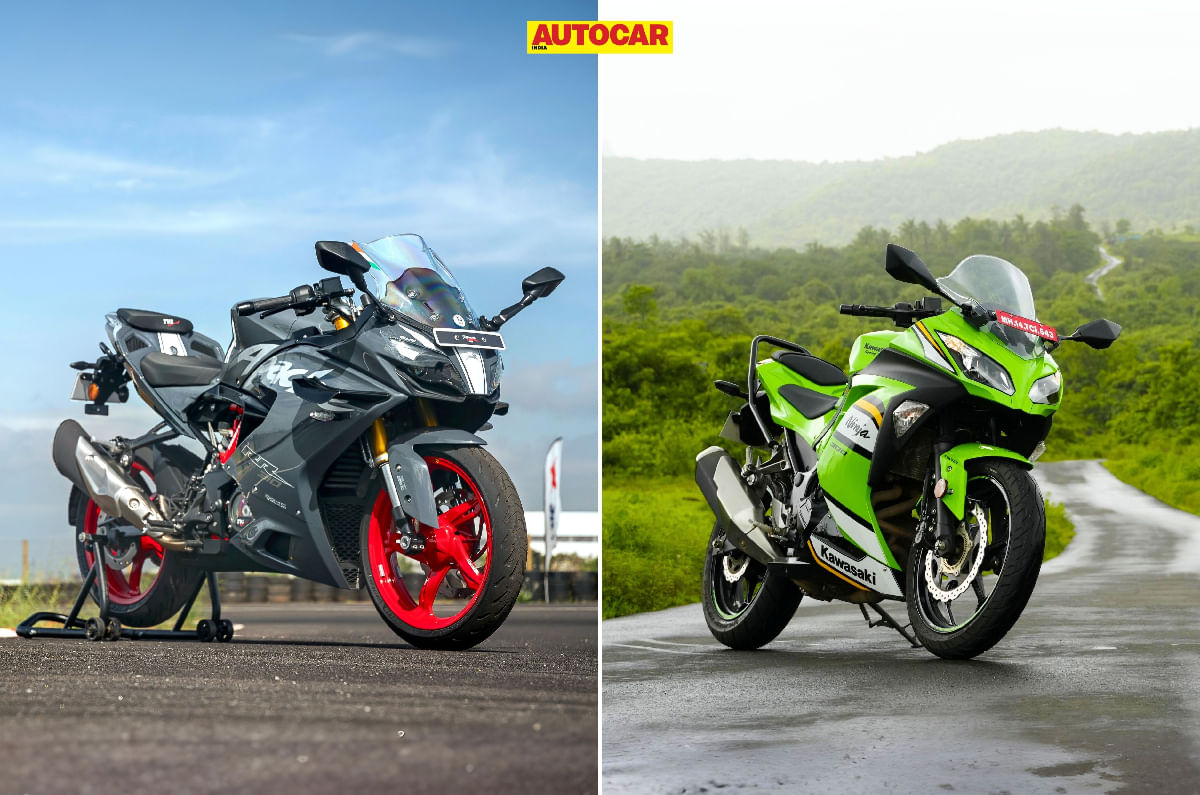
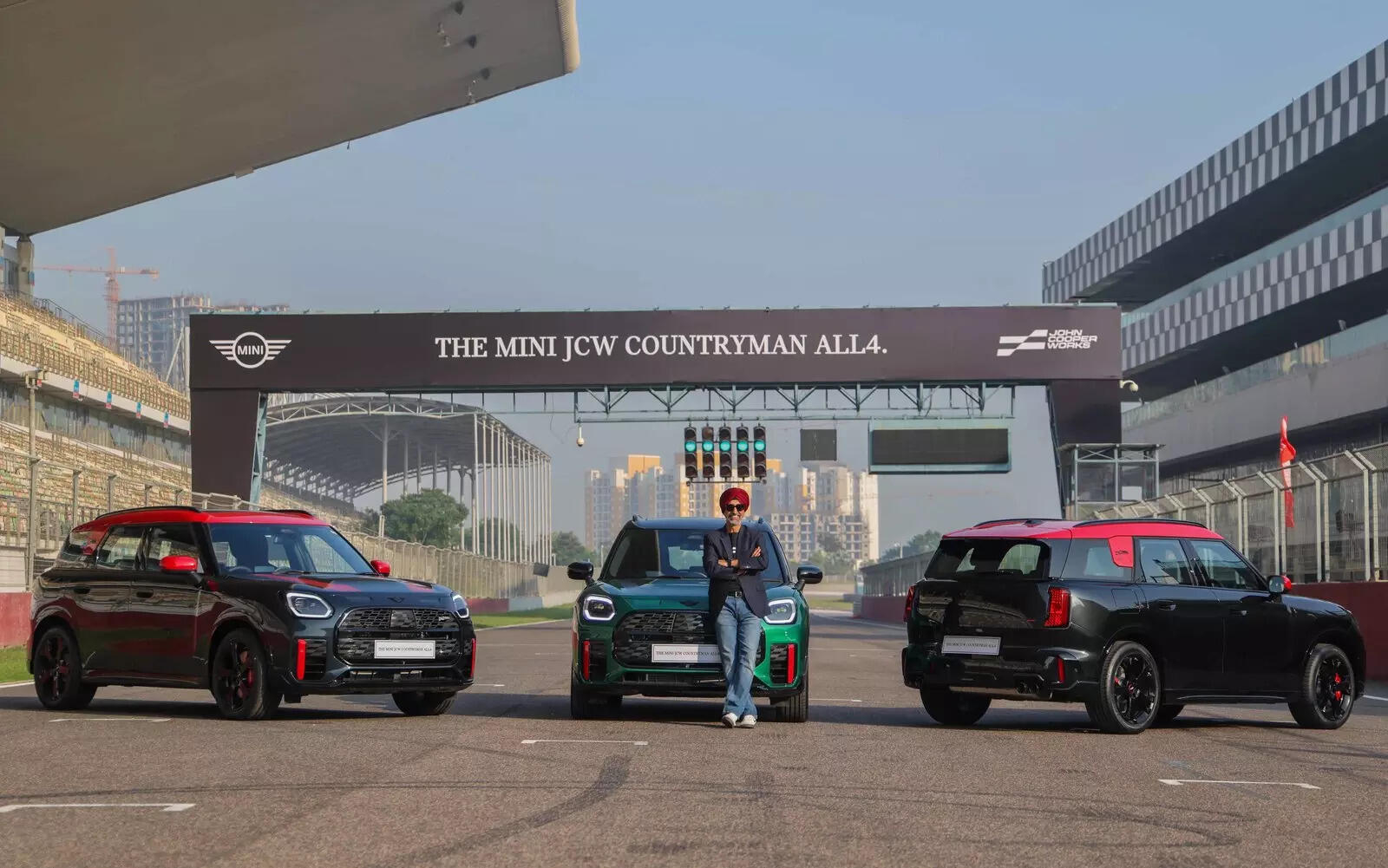
.jpg?w=700&c=0)
